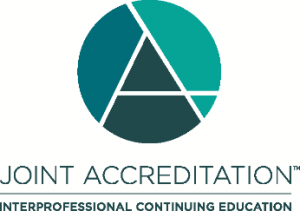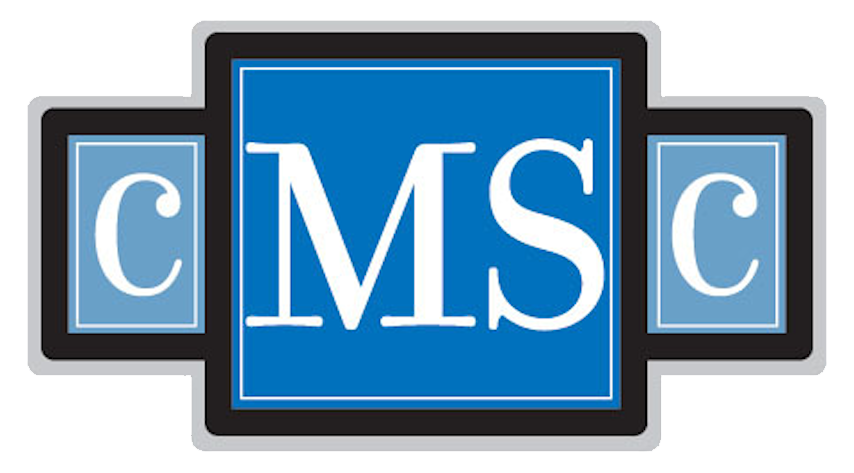Release Date: August 1, 2021
Valid for Credit Through: August 1, 2022
Outdoor Adventure Programs for Persons with Multiple Sclerosis: A Review and Agenda for Future Research
Tracy E. Herring, PhD; Lindsey M. Knowles, PhD; Kevin N. Alschuler, PhD
Target Audience:
The target audience for this activity is physicians, physician assistants, nursing professionals, rehabilitation professionals, mental health care clinicians, and other health care providers involved in the management of patients with multiple sclerosis (MS).
Learning Objectives:
- Describe the potential benefits of outdoor adventure programs as well as the similarities and differences between outdoor adventure programs and established nonpharmacologic treatments for mood, function, and quality of life in MS.
- Describe future directions for research on outdoor adventure programs tailored to individuals with MS.
Accreditation:
 In support of improving patient care, this activity has been planned and implemented by the Consortium of Multiple Sclerosis Centers (CMSC) and Delaware Media Group. The CMSC is jointly accredited by the Accreditation Council for Continuing Medical Education (ACCME), the Accreditation Council for Pharmacy Education (ACPE), and the American Nurses Credentialing Center (ANCC), to provide continuing education for the healthcare team.
In support of improving patient care, this activity has been planned and implemented by the Consortium of Multiple Sclerosis Centers (CMSC) and Delaware Media Group. The CMSC is jointly accredited by the Accreditation Council for Continuing Medical Education (ACCME), the Accreditation Council for Pharmacy Education (ACPE), and the American Nurses Credentialing Center (ANCC), to provide continuing education for the healthcare team.
Physician Credit: The CMSC designates this journal-based activity for a maximum of .75 AMA PRA Category 1 Credit(s)™. Physicians should claim only the credit commensurate with the extent of their participation in the activity.
Nurse Credit: The CMSC designates this enduring material for .75 contact hour (none in the area of pharmacology).
Disclosures:
Francois Bethoux, MD, Editor in Chief of the International Journal of MS Care (IJMSC), has served as Physician Planner for this activity. He has disclosed relationships with Springer Publishing (royalty), Qr8 (receipt of intellectual property rights/patent holder), Biogen (receipt of intellectual property rights/patent holder, speakers’ bureau), GW Pharmaceuticals (consulting fee), MedRhythms (consulting fee, contracted research), Genentech (consulting fee), Helius Medical Technologies (consulting fee), Osmotica (consulting fee), Ipsen (consulting fee), and Adamas Pharmaceuticals (contracted research).
Laurie Scudder, DNP, NP, has served as Reviewer for this activity. She has disclosed no relevant financial relationships.
Tracy E. Herring, PhD, has disclosed no relevant financial relationships.
Lindsey M. Knowles, PhD, has disclosed no relevant financial relationships.
Kevin N. Alschuler, PhD, has disclosed no relevant financial relationships.
The peer reviewers for IJMSC have disclosed no relevant financial relationships.
The staff at IJMSC, CMSC, and Delaware Media Group who are in a position to influence content have disclosed no relevant financial relationships.
Note: Financial relationships may have changed in the interval between listing these disclosures and publication of the article.
Method of Participation:
Release Date: August 1, 2021
Valid for Credit Through: August 1, 2022
In order to receive CME/CNE credit, participants must:
- Review the continuing education information, including learning objectives and author disclosures.
- Study the educational content.
- Complete the post-test and evaluation, which are available at https://www.highmarksce.com/mscare.
Statements of Credit are awarded upon successful completion of the evaluation and the post-test with a passing score of >70%. The post-test may be retaken if necessary. There is no fee to participate in this activity.
Disclosure of Unlabeled Use:
This educational activity may contain discussion of published and/or investigational uses of agents that are not approved by the FDA. The CMSC and Delaware Media Group do not recommend the use of any agent outside of the labeled indications. The opinions expressed in the educational activity are those of the faculty and do not necessarily represent the views of the CMSC or Delaware Media Group.
Disclaimer:
Participants have an implied responsibility to use the newly acquired information to enhance patient outcomes and their own professional development. The information presented in this activity is not meant to serve as a guideline for patient management. Any medications, diagnostic procedures, or treatments discussed in this publication should not be used by clinicians or other health care professionals without first evaluating their patients’ conditions, considering possible contraindications or risks, reviewing any applicable manufacturer’s product information, and comparing any therapeutic approach with the recommendations of other authorities.
